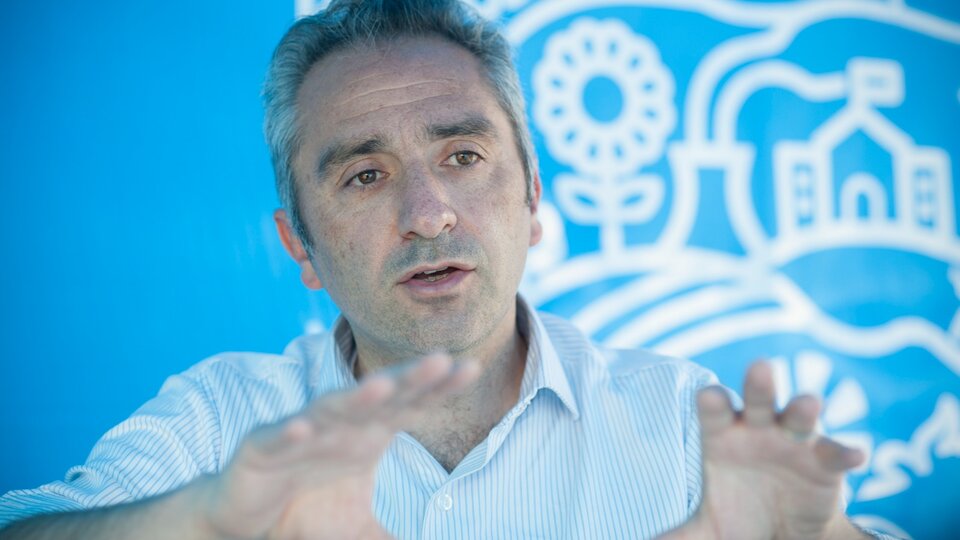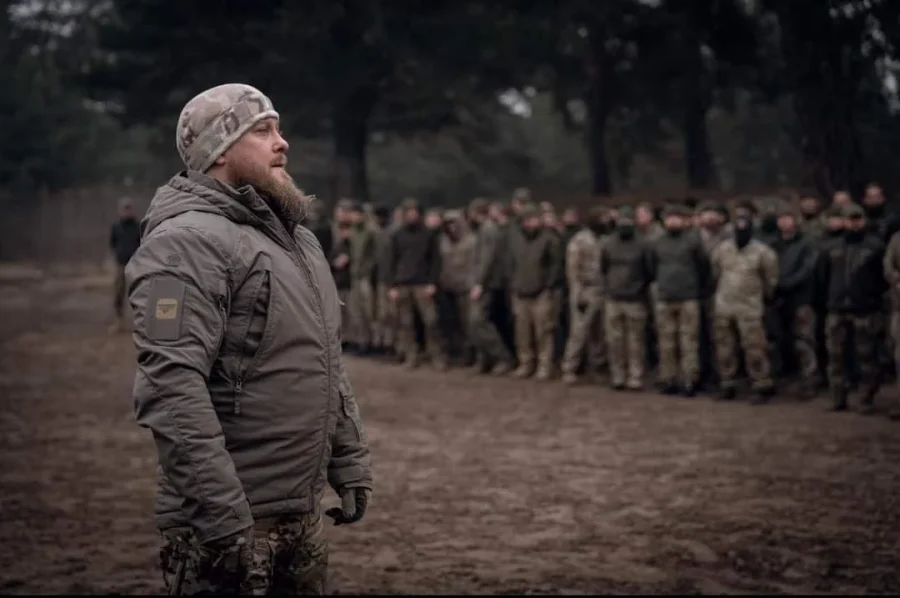Before Cristina Kirchner appeared in public, the Minister of Community Development of Buenos Aires, Andrés Larroque, came out to put cold clothes on the internal debates which crosses La Cámpora with regional officials and mayors who are trying to position Governor Axel Kicillof as the emerging figure of Peronism. “We must have the maturity to sit down and be able to negotiate debates and discussions that are necessary for the scope of our political force,” asked Larroque.
The minister called to try again to unite the different forces of Peronism, despite the experience of the Frente de Todos, which he thought was “a bad message to make a coalition and then fight” for the society. Larroque believed that those prisoners during the Alberto Fernández administration were the ones who “paid the price” for the influence of Javier Milei, who “took advantage of a very deep political crisis.”
Larroque himself was at the head of the scene criticism of Fernández’s rule, when he was still general secretary of La Cámpora; a place he left in February 2023 until the group “The homeland is the other”. “I left La Cámpora because I understood that we had to focus on building movements. In the end, it didn’t end completely,” he thought about how he left the place on his directed by Máximo Kirchner, who is also the head of the Buenos Aires PJ.
Larroque’s interpretations of a “moment of reunion” come shortly before the former president and vice president return to office. appeared publicly at an event in Quilmes, a party managed by Mayra Mendoza, another reference for La Cámpora. “It is a good opportunity to reflect on this special moment in Argentine history, on this experiment in anarcho-capital and the unnecessary sacrifice that the Argentine people are giving,” Cristina commented when ‘ she announced that she will participate in the event south of the Conurbano.
Larroque did not fail to point out that Governor Kicillof – who was re-elected in Buenos Aires, despite the differences he maintained with La Cámpora when defining the strategy election – a “heavy figure with a national projection” and with which it is necessary to “collaborate constructively.” But he asked to reflect on the consequences of a divided Peronism.
Days ago, Larroque and Senator Mariano Recalde – as representative of La Cámpora – crossed paths in public statements. The minister of Buenos Aires had said that “anyone who wants to protest, co-promise or ask strange questions against Axel Kicillof is not playing in favor” of Peronism; while Recalde replied that “he had never heard another Kirchnerist questioning Axel” and pointed out: “Those who are up to something strange are those leaders who question Cristina.”
In the middle of the inner paths, on Saturday it will be an opportunity to talk about the former president, who went through a “clamor campaign” last year to become a candidate for the presidential elections and, after her refused, she was the star of several public interventions in which they tried to organize the Peronists inside: from the request to take the “merchant’s baton”, to criticizing “not it is given to another companion leader” and even the wish “the children of those who were destroyed generation taking the role.”


